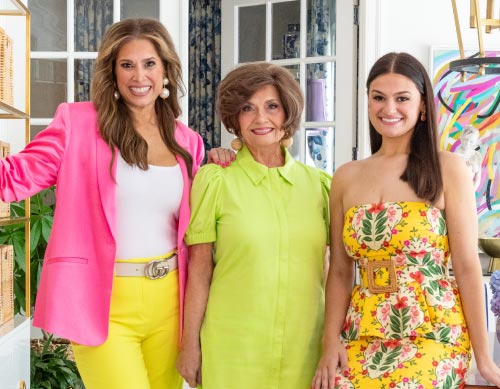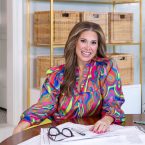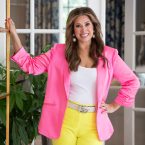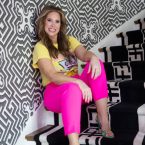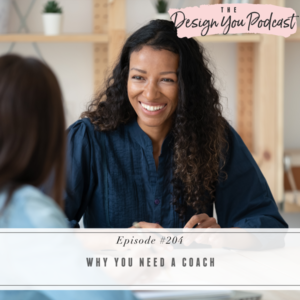
For so many years, I didn’t know myself fully. I didn’t know how to manage my mind and my relationships. But then I started working with a coach, and everything in my life and business completely changed.
Most people don’t have an ongoing relationship with a coach, whether it’s because they find the whole idea of it a little too woo or because they can’t justify the reason to invest. But believe me when I say that working with a coach is the single most important thing you can do for yourself, your family, and your business and I’m sharing why this week.
Tune in this week as I share what a coach is and what it is not, how a coach differs from a therapist, mentor, or teacher, and the impact that working with a coach has had on my life. Hear some of the reasons you could benefit from working with a coach, and why I truly believe that everybody needs a coach in their life.
If you want help creating a business with thriving revenue streams so that you can design the life you really want, get on the waitlist for the next round of my Design You Coaching Program. Inside, you’ll get access to a whole new course where I share my complete design system with you. You’ll receive every template, tool, SOP, worksheet, downloadable, video, and more that I have created and used myself, and receive a complete step-by-step for how to run your full-service projects.





